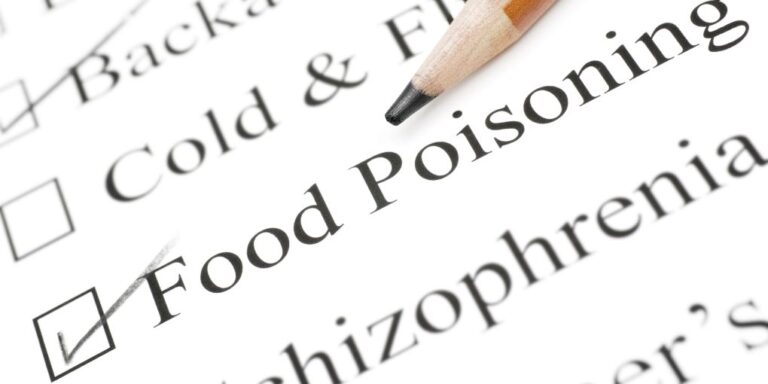Food poisoning is a common yet distressing ailment that affects millions of people worldwide each year. While the symptoms of food poisoning can vary widely, one question often surfaces: does food poisoning give you a fever? In this article, we will delve into the intricacies of food poisoning, explore its various causes, and investigate the correlation between food poisoning and fever. Additionally, we will address related questions to provide a comprehensive understanding of this culinary conundrum.
I. The Culprit: Causes of Food Poisoning
Food poisoning occurs when individuals consume contaminated food or water, leading to the ingestion of harmful bacteria, viruses, parasites, or toxins. The sources of contamination are diverse and can range from improper food handling and storage to contaminated water or surfaces. Common culprits include undercooked meats, raw seafood, unpasteurized dairy products, and unwashed fruits and vegetables.
II. The Onset: Recognizing Food Poisoning Symptoms
The symptoms of food poisoning can manifest within hours or days after consuming contaminated food, depending on the causative agent. Common symptoms include nausea, vomiting, abdominal cramps, diarrhea, and fever. However, not all cases of food poisoning result in fever, making it essential to understand the various pathogens involved.
III. The Culinary Conundrum: Does Food Poisoning Give You a Fever?
The presence of fever in cases of food poisoning is contingent on the specific microorganism responsible for the contamination. Bacterial infections, such as those caused by Salmonella, Campylobacter, and E. coli, often result in fever as the body’s immune response kicks in to combat the invading pathogens. On the other hand, some toxins produced by bacteria, such as Staphylococcus aureus, may cause food poisoning without the onset of fever.
Viruses like norovirus and rotavirus, commonly associated with foodborne illnesses, can also induce fever in affected individuals. These viruses target the digestive system, leading to symptoms like vomiting, diarrhea, and fever.
Parasitic infections, though less common, can cause food poisoning as well. Parasites such as Giardia lamblia and Cryptosporidium may result in gastrointestinal symptoms and fever.
In summary, the relationship between food poisoning and fever hinges on the type of contaminant involved, with bacterial and viral infections being more likely to induce fever compared to toxin-mediated cases.
IV. Related Questions about Food Poisoning:
Can Food Poisoning Occur Without Fever?
Yes, food poisoning can occur without fever. Cases involving toxins produced by bacteria like Staphylococcus aureus or toxins in certain seafood may lead to gastrointestinal symptoms without an accompanying rise in body temperature.
How Fast Does Food Poisoning Show up?
The onset of food poisoning symptoms varies depending on the causative agent. Bacterial infections often manifest within 6-24 hours, while viral infections may take longer, up to 48 hours or more. Parasitic infections can have a delayed onset, sometimes appearing weeks after ingestion.
Is Food Poisoning Contagious?
Unlike some viral infections, most cases of food poisoning are not directly contagious. However, the pathogens causing food poisoning can spread through contact with contaminated surfaces, utensils, or food preparation areas.
When the Person Should Seek Medical Attention if he has Food Poisoning?
Mild cases of food poisoning often resolve on their own within a few days. However, it is crucial to seek medical attention if symptoms are severe, persistent, or if there are signs of dehydration, high fever, or bloody stools.
Can Food Poisoning Affect Everyone Equally?
While anyone can experience food poisoning, certain populations, such as the elderly, young children, pregnant women, and individuals with weakened immune systems, are more vulnerable to severe complications. These groups should exercise extra caution in food preparation and consumption.
V. Prevention and Conclusion: Safeguarding Against Food Poisoning
Preventing food poisoning involves adopting safe food handling practices, including proper cooking temperatures, thorough handwashing, and avoiding cross-contamination. Additionally, ensuring the consumption of pasteurized dairy products, washing fruits and vegetables thoroughly, and practicing safe water hygiene are crucial preventive measures.
Key Takeaway:
The relationship between food poisoning and fever is nuanced, with the presence of fever often dependent on the type of contaminant involved. Understanding the diverse causes and symptoms of food poisoning, along with adopting preventive measures like daily exercise and healthy food, can empower individuals to safeguard their health and enjoy meals without the looming threat of culinary distress.



